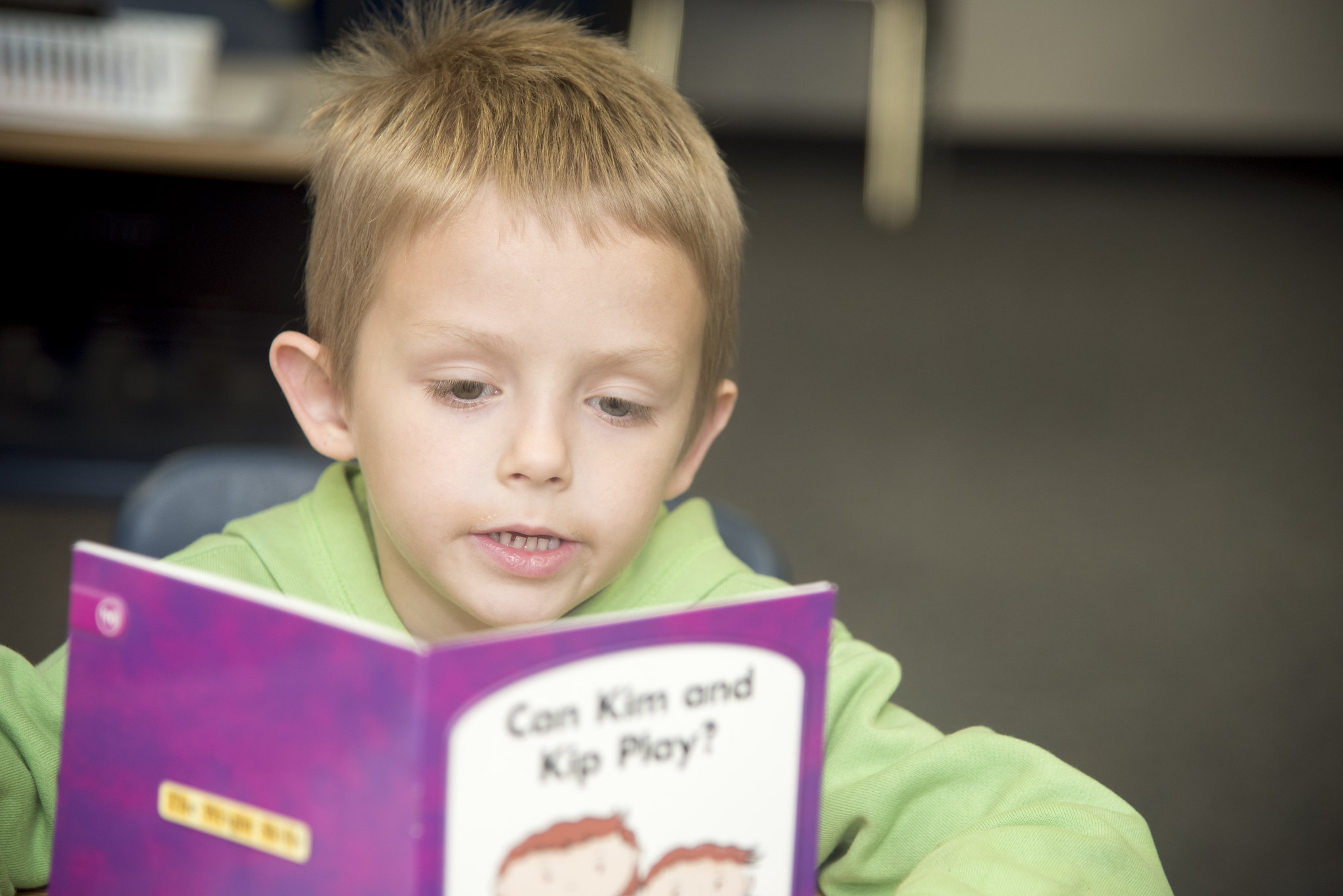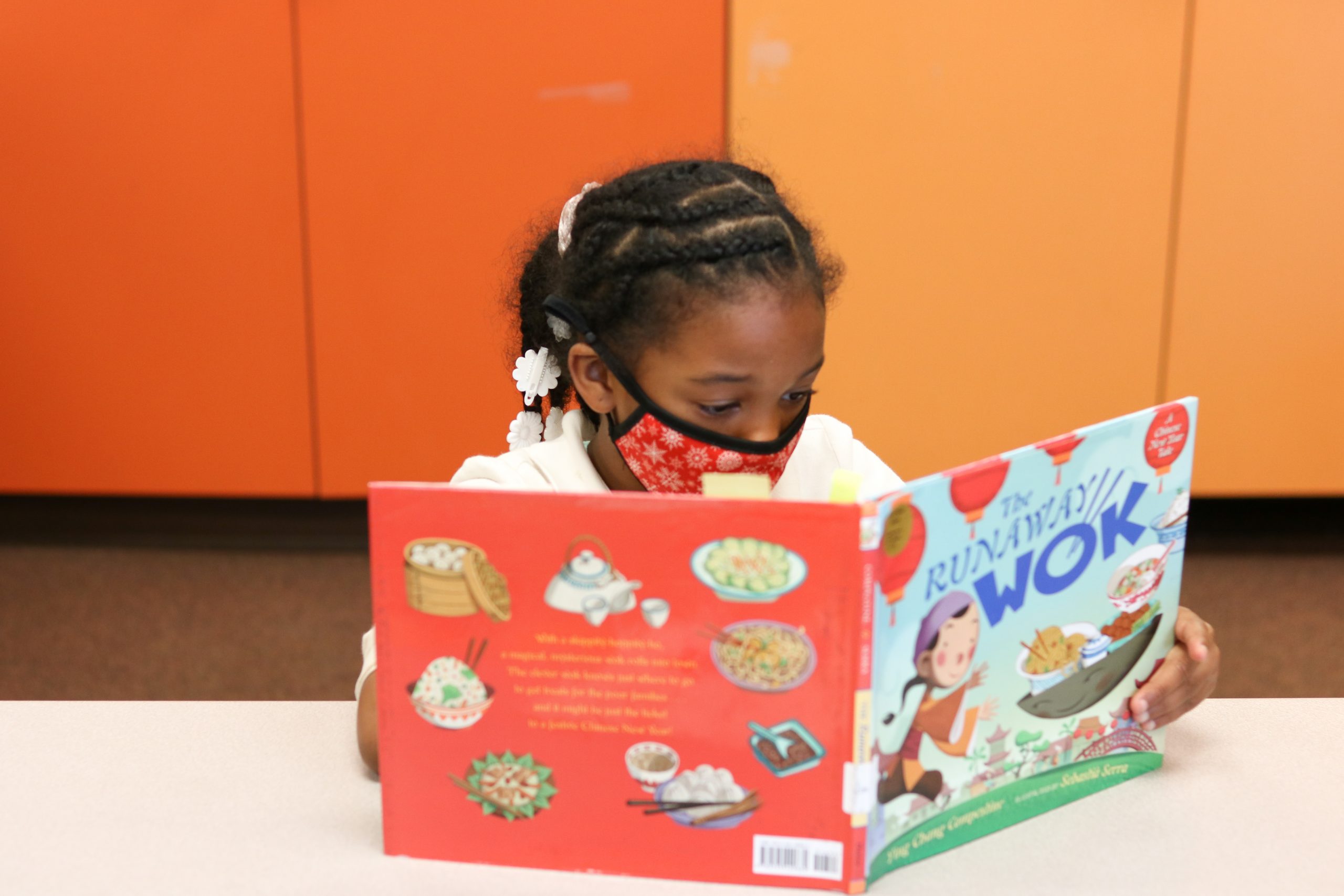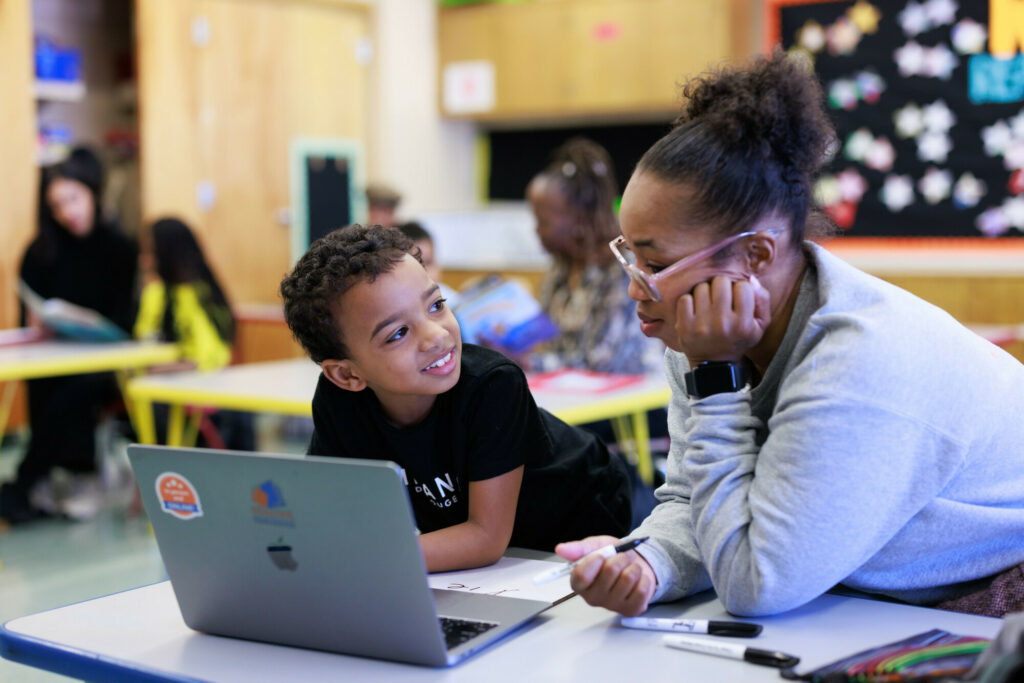
3 tips to help kids become confident readers
December 1, 2021
Executive director, Reading Partners North Texas
“Reading aloud with children is known to be the single most important activity for building the knowledge and skills they will eventually require for learning to read.”
― Dr. Marilyn Jager Adams, educational researcher and cognition expert
From educators to pediatricians, experts tell us that when adults read to young children, we set them up for success in school and beyond. In fact, children who are read to on a daily basis are exposed to almost a million more words than those who are not. Entering kindergarten with a vocabulary advantage of several hundred thousand to a million or more words prepares children to recognize and read those same words when it is time to see them in books.
The best news is that the positive aspects of reading to children are long lasting. Evidence from the American Academy of Pediatrics shows that the effects of reading to infants can last up to four years, until children are ready to start school. Children between the ages of 3 and 5 make the greatest gains in literacy skills during read aloud time.

How to maximize read aloud time
Select a variety of books that celebrate the experiences, histories, and traditions of many cultures
When children find characters in books who look like them, live like them, or have interests in common with them, engagement and reading comprehension improve. In turn, kids want to get their hands on new stories. This sense of belonging found in books creates positive associations with reading.
In addition, hearing stories about the experiences and lives of people across cultures allows children to develop empathy and learn more about themselves and others. There are many wonderful children’s books available for introducing issues of racial and social justice to young readers.
Check Reading Partners’ many diverse booklists for titles.
Make reading an interactive experience
We all enjoy listening to a good storyteller. Dramatic pauses, well-planned questions, hand gestures, and voices (yes, voices) keep kids engaged and help them understand what is happening in a story. Counting words and sentences teaches the important skill of numeracy, an early learning staple for reading development. Acting out new words improves vocabulary development and lays a solid foundation for written communication in elementary grades.

Read. Read. Read.
Take a lesson from Nike – “just do it”. Researchers, educators, pediatricians, and parents agree – reading to children is a very good thing. So why do some studies show that so few homes make reading a routine?
The American Academy of Pediatrics recommends reading books to children from birth, and asks pediatricians to act as advocates for home literacy by holding conversations with parents at doctor’s visits. Through access to books and recommendations from health care experts, parents are more likely to make time for this important social and educational task.
Reading aloud to a child is a very good thing. Thoughtfully selecting books that reflect a child’s identity and/or teach issues of racial and social justice is better. Making the most of read-aloud time by using interactive techniques like character voices and frequent discussion adds another layer of greatness. But the very best read aloud, no matter the book, no matter the silliness and reading prowess of the reader, is the one that happens consistently and with the love of a child in mind.
So that’s the best place to start – just read!



